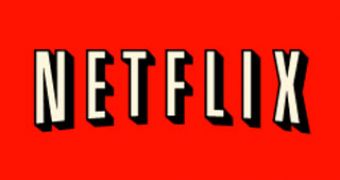Netflix isn’t too worried about the decision on net neutrality, reveals the company’s letter to shareholders accompanying the earnings report.
The other week, a court told the FTC that it couldn’t force companies to abide by net neutrality rules because it didn’t have the legal frame for that. The news has caused many discussions around the world and especially in the United States.
Without this basic rule, Internet providers could start charging users who want more bandwidth more. After all, Verizon sued the FTC because it believed that if someone wanted to use services such as Netflix and YouTube, which are notorious bandwidth hogs, they should also be willing to pay more.
In fact, the two sites account for 53 percent of Internet traffic in the United States, which explains why ISPs would want to take advantage of the situation.
Netflix, however, doesn’t seem too concerned with the situation that could increase costs for its users.
“ISPs are generally aware of the broad public support for net neutrality and don’t want to galvanize government action,” the letter reads.
“Moreover, ISPs have very profitable broadband businesses they want to expand. Consumers purchase higher bandwidth packages mostly for one reason: high-quality streaming video. ISPs appear to recognize this and many of them are working closely with us and other streaming video services to enable the ISPs subscribers to more consistently get the high-quality streaming video consumers desire,” the company continues.
Of course, it’s not surprising that Netflix would downplay the issue, since it has to make sure that investors don’t doubt the future of the company.
However, in spite of everything the company has written to make sure no one is panicking, it did promise to fight back, should the need arise. “Were this draconian scenario to unfold with some ISP, we would vigorously protest and encourage our members to demand the open Internet they are paying their ISP to deliver.”

 14 DAY TRIAL //
14 DAY TRIAL //